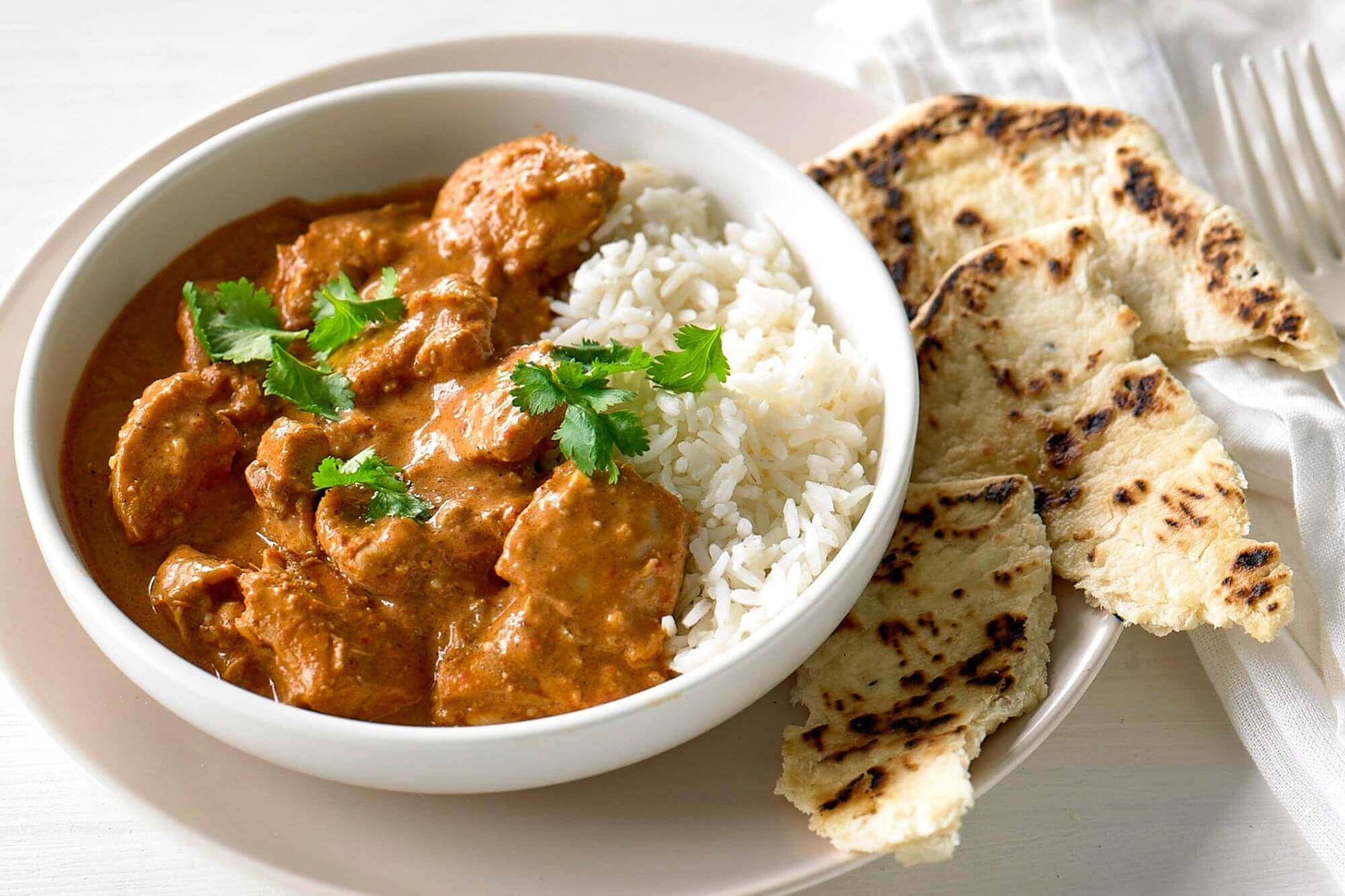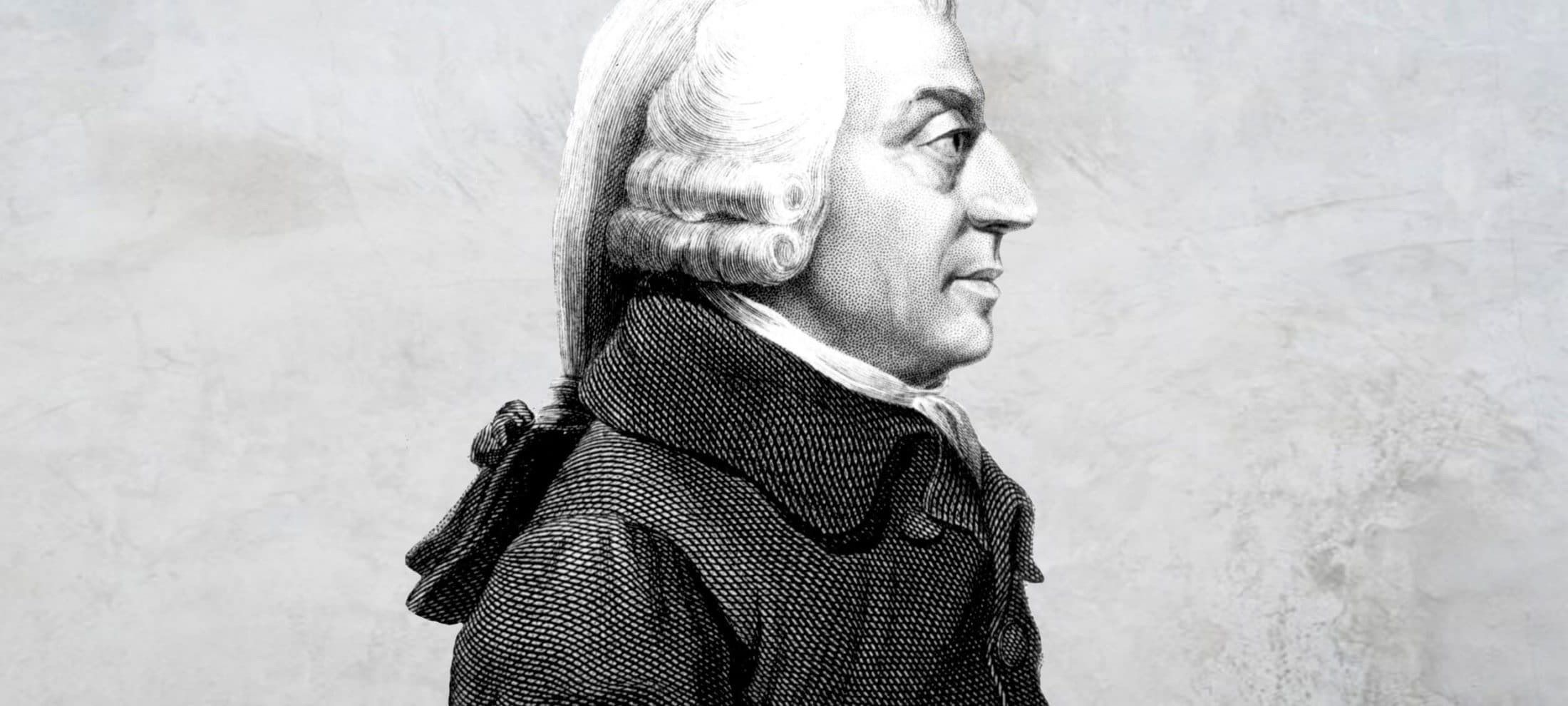
Butter chicken, also known as murgh makhani, is a popular Indian dish that has gained a significant following around the world. This mouthwatering dish is made with succulent pieces of chicken cooked in a rich and creamy tomato-based sauce, flavored with a blend of spices. It is typically served with rice or naan, making it a hearty and satisfying meal.
While butter chicken is undeniably delicious, it’s essential to understand its nutritional content to make informed choices about incorporating it into your diet. In this article, we will delve into the nutrition facts of butter chicken, including its calorie count, macronutrient composition, and key vitamins and minerals. Whether you’re a fan of this delectable dish or just curious about its nutritional profile, read on to discover the facts behind butter chicken’s flavorsome allure.
Key Takeaways:
- Indulgent and flavorful butter chicken contains around 400 calories and 20 grams of protein per serving, but watch out for its high fat and sodium content.
- Enjoy butter chicken in moderation for its rich vitamins and minerals, but be mindful of its cholesterol and sodium levels for a balanced diet.
Calories
Butter chicken is rich in calories, with an average serving containing around 400 calories.
Protein
A serving of butter chicken provides a good amount of protein, typically around 20 grams.
Fat
Butter chicken is known for its rich and creamy sauce, which contributes to its higher fat content. It can contain around 20 grams of fat per serving.
Carbohydrates
A serving of butter chicken contains a moderate amount of carbohydrates, usually around 20 grams.
Sodium
Butter chicken can be high in sodium, with an average serving containing around 800 milligrams.
Vitamin A
Butter chicken is a good source of vitamin A, which is essential for maintaining healthy vision and a strong immune system.
Vitamin C
Butter chicken contains some vitamin C, which plays a crucial role in collagen formation and immune function.
Iron
A serving of butter chicken provides a small amount of iron, which is important for carrying oxygen in the blood.
Calcium
Butter chicken contains a moderate amount of calcium, which is essential for strong bones and teeth.
Potassium
A serving of butter chicken provides a good amount of potassium, which is important for maintaining proper heart and muscle function.
Fiber
Butter chicken is not a significant source of dietary fiber.
Cholesterol
Butter chicken can be high in cholesterol, with an average serving containing around 80 milligrams.
Sugar
Butter chicken typically contains a small amount of sugar, usually less than 5 grams per serving.
Vitamin B6
Butter chicken is a good source of vitamin B6, which is important for brain development and function.
Niacin
Butter chicken contains niacin, which helps convert food into energy and plays a role in DNA repair.
Riboflavin
A serving of butter chicken provides some riboflavin, which is important for energy production.
Thiamine
Butter chicken contains thiamine, which is necessary for carbohydrate metabolism and nerve function.
Zinc
A serving of butter chicken provides a small amount of zinc, which is important for immune function and wound healing.
Magnesium
Butter chicken contains magnesium, which is important for muscle and nerve function, as well as bone health.
Phosphorus
A serving of butter chicken provides some phosphorus, which is essential for strong bones and teeth.
Butter chicken is a popular dish that originated in the Indian subcontinent. It consists of succulent pieces of chicken cooked in a rich and creamy tomato-based sauce. This delicious dish is known for its indulgent flavors, making it a favorite among food lovers worldwide.
Now, let’s delve into the 20 butter chicken nutrition facts. One serving of butter chicken typically contains around 400 calories, making it a relatively high-calorie dish. It also provides a good amount of protein, with approximately 20 grams per serving. The rich and creamy sauce in butter chicken contributes to its higher fat content, containing around 20 grams of fat.
While butter chicken does contain a moderate amount of carbohydrates (around 20 grams per serving), it is not a significant source of dietary fiber. It can be high in sodium, with an average serving containing about 800 milligrams. On the other hand, it is a good source of essential vitamins and minerals such as vitamin A, vitamin C, iron, calcium, and potassium.
It is important to note that butter chicken can be high in cholesterol, with an average serving containing about 80 milligrams. However, it usually has a small amount of sugar, with less than 5 grams per serving. The dish also provides valuable nutrients like vitamin B6, niacin, riboflavin, thiamine, zinc, magnesium, and phosphorus.
Overall, butter chicken is a delicious and satisfying dish that offers a range of nutritional benefits. It is important to consume it in moderation as part of a well-balanced diet and to consider any dietary restrictions or health conditions you may have.
Conclusion
In conclusion, butter chicken is a delicious and popular dish that is loved by people all over the world. It is rich in flavors, with a perfect combination of spices and creamy textures. However, it is important to be aware of its nutrition facts when consuming it as part of a balanced diet.While butter chicken can be high in calories and fat, it is also a good source of protein. It contains essential vitamins and minerals like vitamin B12, iron, and selenium. The inclusion of tomatoes in the dish provides a dose of antioxidants as well.To enjoy butter chicken in a healthier way, consider using lean chicken breast and opting for lighter cooking methods like grilling or baking instead of frying. Adding plenty of vegetables can also enhance the nutritional value of the dish.Remember, moderation is key. You can still savor the flavors of butter chicken while being mindful of your overall calorie intake. So go ahead and indulge in this classic dish, but remember to balance it with other nutritious foods as well.
FAQs
1. Is butter chicken healthy?
While butter chicken can be high in calories and fat, it is also a good source of protein. It contains essential vitamins and minerals like vitamin B12, iron, and selenium.
2. How many calories does a serving of butter chicken have?
The exact number of calories in a serving of butter chicken can vary depending on the recipe and portion size, but on average, it ranges from 400 to 600 calories per serving.
3. Can I make butter chicken healthier?
Yes, you can make butter chicken healthier by using lean chicken breast and opting for lighter cooking methods like grilling or baking instead of frying. Adding plenty of vegetables can also enhance the nutritional value of the dish.
4. Can I freeze leftover butter chicken?
Yes, you can freeze leftover butter chicken. Make sure to store it in an airtight container and consume it within 2 to 3 months for the best quality.
5. Is butter chicken gluten-free?
Butter chicken is typically gluten-free, as long as the ingredients used are free from gluten. However, it’s important to check the labels of the ingredients used to ensure they are gluten-free.
Was this page helpful?
Our commitment to delivering trustworthy and engaging content is at the heart of what we do. Each fact on our site is contributed by real users like you, bringing a wealth of diverse insights and information. To ensure the highest standards of accuracy and reliability, our dedicated editors meticulously review each submission. This process guarantees that the facts we share are not only fascinating but also credible. Trust in our commitment to quality and authenticity as you explore and learn with us.


